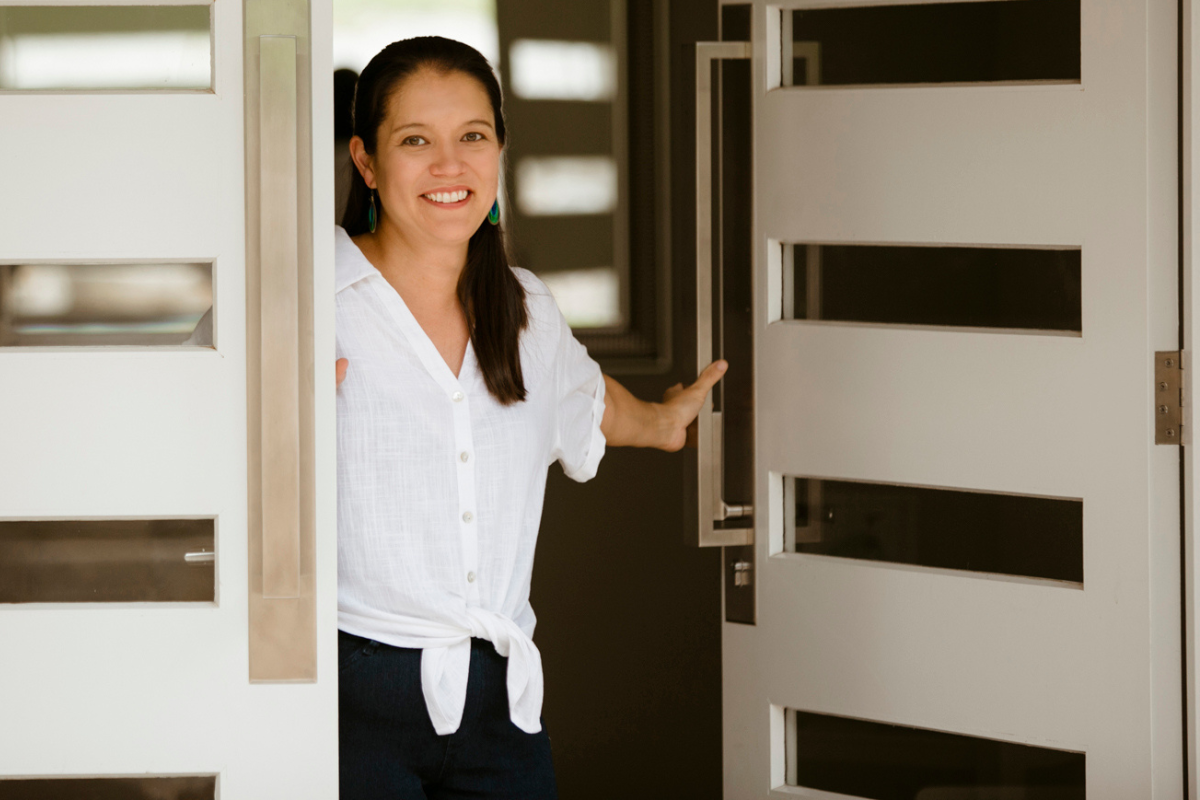Are you burnt out? How to recognise the signs & avoid burn out
There's tired and then there's exhausted. How to recognise burn out and avoid it.
Do you need a holiday...or an intervention?
There's tired and then there's exhausted. As a mum, there's a pretty good chance you've spent a fair chunk of your children's early lives oscillating between the two due to lack of sleep.
So when it's such a familiar sensation - that dragging your ass along the ground kind of knackered - how do you know when it's becoming something more sinister? How can you tell the difference between needing a holiday and needing an intervention?
What is burn out?
Renee Gould is a Holistic Healing Practitioner from Peace by Piece Holistic Healing. She teaches meditation and mindfulness to her clients as both a preventative and healing therapy.
She says burn out is a state of chronic stress that manifests as physical and mental exhaustion.
"Burn out is not something that happens suddenly. It's the result of an accumulation of chronic stress and unresolved emotions. I'm sure you've heard the term 'you can't give from an empty cup'? Burn out is exactly that," says Gould.
The list of symptoms is long: disrupted sleep, whether it's insomnia or feeling tired regardless of how much sleep you get, brain fog and physical fatigue, chronic headaches and body aches, heart palpitations, feeling emotionally flat or depressed, feeling like there aren't enough hours in the day and that you don't have time for yourself or the things you enjoy in life, no desire to socialise, feeling like you just want to retreat from the world and be alone, not enjoying the company of people that you generally like being around, feeling irritable, reaching for sugar or caffeine to give you to pick me up that you need to get through the day, loss of appetite or feeling constantly hungry but not satisfied, not feeling motivated to exercise because you don't have the energy, and loss of libido.
Recommended Viewing: Webinar Mental Health With Beyond Blue
Psychologist Kirstin Bouse from Perth Psychology Collective explains, "Burn out is about change. When you're struggling with tasks that you're normally OK with, getting sicker more often, feeling overwhelmed and struggling to make decisions you normally find easy, that's a very clear warning. If you leave it unchecked, it will get worse and worse. Your relationships will start to suffer."
Bouse says that the key to avoiding burn out is to try and stay on top of it.
"Take regular breaks - regular blocks of time off - even if it's just taking the whole weekend off. You also need to work on your sleep hygiene. Do things in the same order every evening because it primes your body for sleep. Stop all device use, stop all caffeine and use essential oils like lavender to help you relax. You also need to get out your calendar and cross off everything that's not essential. Finally, go and see your GP or naturopath and ask them to run your bloods," says Bouse.
She also says that you need to avoid hardcore exercise and stick to yoga, swimming and walking because "there's no petrol in the tank to fuel intense exercise".
'Preventative' is the key word in avoiding the mental and physical collapse of full-scale burn out
Gould says,"Our lifestyles have become so hectic and busy that we have a tendency to put our own needs and desires aside in order to get through the day and through our lists of chores/obligations. We place more importance and value on getting things done before we make time to tune into ourselves and our own needs. Putting our own needs and desires aside until 'later' or 'when I get a chance' is something I hear a lot. Doing this, over and over again, sets up a very unhealthy dynamic in the relationship with ourselves."
"Mindfulness is about being self-aware - aware of what you need in order to feel balanced and function optimally. Becoming self-aware is more easily obtained when in a meditative state. Meditation allows you to just be in the presence of your own energy and not swayed by others' influence. Meditation allows us to listen to our higher self and remain centred, thus being able to discern what is right or wrong for us at each particular point in time," says Gould.
Recommended Reading: 10 Mental Health Resources To Get You Through COVID-19
Recommended Reading: How To Support Your Team In Times Of Crisis
Recommended Reading: How To Stay Happily Married & Run A Business
Join the Mums & Co tribe today for full access to business experts, educational materials, digital meet ups and webinars - all with a community of like minded business women.
-1.png)

.png)

.png)






